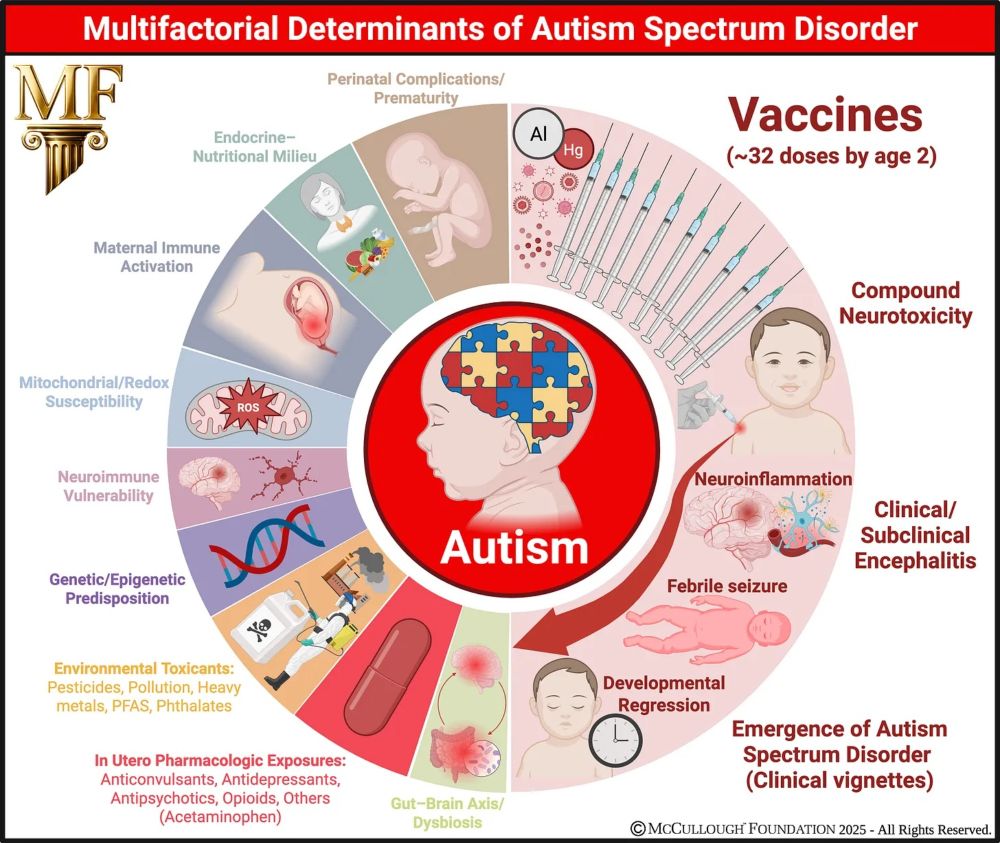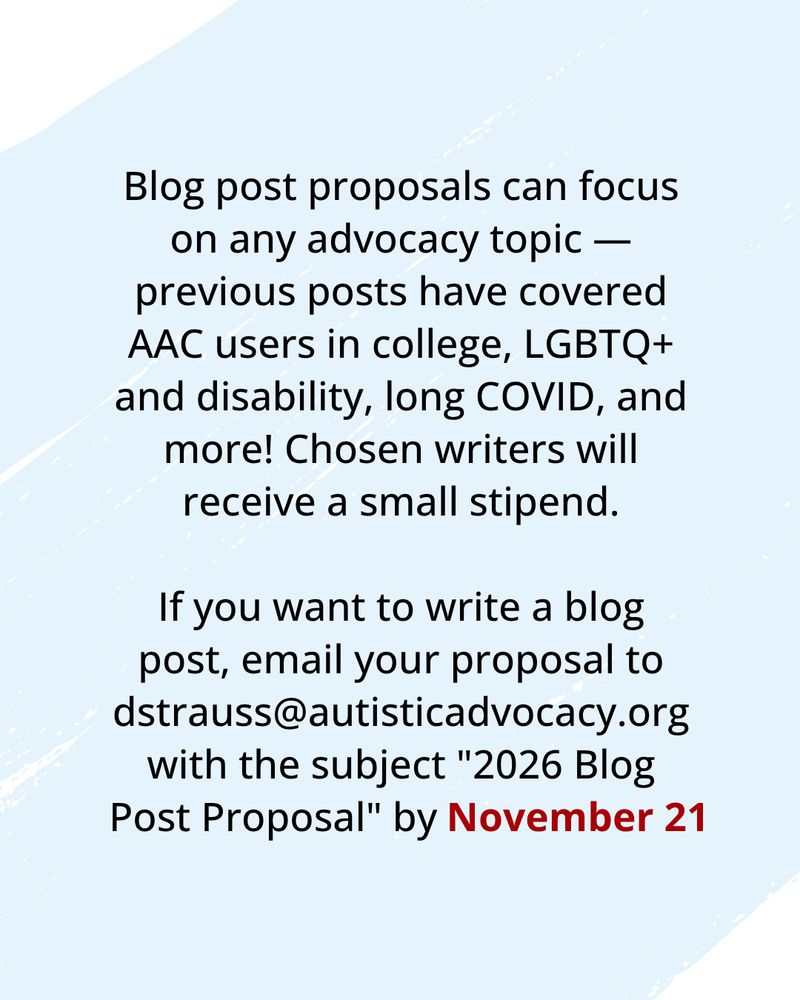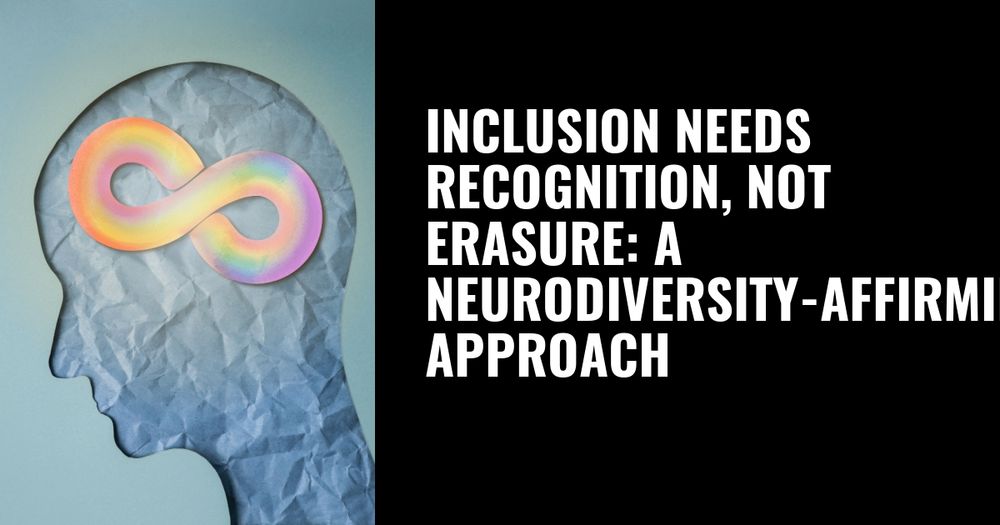Feature Article — Of Clinical Trials, Package Inserts and Safe Vaccines: Addressing Some Things You May Have Heard
Find answers to some questions the Vaccine Education Center has been getting related to vaccine clinical trials. As vaccines become a more common topic of discussion, we’ve been getting some questions related to clinical trials. At the heart of these concerns are questions that come up when people look at package inserts supplied with vaccines, such as details about how clinical trials are done and whether those trials are sufficient to really know that vaccines are safe. So, this month, we wanted to explore some of the ideas and questions that we have been hearing. If you have related questions that aren’t included here, always feel free to contact us directly!About package insertsLet’s first talk about package inserts. These are legal documents with specific requirements set by the Food and Drug Administration (FDA). This information is either required by the government or shields the company from liability. So, while you’re likely to find some important or helpful information, this isn’t the only way to learn about the product, and it shouldn’t be the only information used to evaluate the potential risks and benefits of a vaccine. While scientists and public health officials review the package inserts, they don’t rely on them exclusively when evaluating vaccines. This would be like using only information from the owner’s manual to evaluate how well your new television meets your needs — there’s a lot more to it than that, right? The same is true for vaccines. With that said, having questions based on package inserts is fair. So, let’s get to some of the questions that have been sent to us.Was the current hepatitis B vaccine studied for more than five days? In short, yes. But let’s take a deeper dive.This question gets at the heart of a common talking point related to how clinical trials are completed. If people only look at information contained in the package insert, they may think the vaccine was only evaluated for safety four or five days after receipt. The Engerix-B package insert states that subjects were followed for four days following vaccination, and the Recombivax HB package insert indicates five days, but this doesn’t tell us the whole story:Both vaccines were tested as three-dose vaccines given over a period of six months, and the package inserts discuss follow-up periods of between nine and 18 months for different studies. From this, we know that participants were evaluated by study personnel for many months beyond the four to five days after each dose. If their health changed in any significant way during this period, it would become part of the study record. If a series of reports were similar, this would automatically trigger additional investigations.Further, the informed consent process includes a requirement to provide participants with details about how to contact study personnel. So, if someone has questions or develops concerns, such as experiencing new symptoms or being diagnosed with a new condition, they should easily be able to get in touch with study personnel.Study protocols must be approved by the FDA, and they must balance understanding the effects of the product being tested with ensuring that participants will agree to enroll and follow through with completing the steps of the study.Given that hepatitis B vaccines only include a single protein from the virus (as distinct from a whole, killed or live attenuated viral vaccine, which includes more viral proteins), they are processed in the hours and days after they are given, so side effects would be most likely in the first few days after receipt. As such, asking participants (or their parents) to keep a diary during that period would ensure that side effects are more likely to be identified without being overly burdensome for participants and their families. Notably, if a vaccine takes longer to process, the side effect diaries are typically lengthened. For example, side effects following receipt of MMR vaccines, which include live, weakened viruses, were monitored for up to 42 or 43 days, depending on when they were more likely to be experienced.Finally, vaccines continue to be monitored after licensure by systems put into place to evaluate vaccine safety, such as the Vaccine Adverse Event Reporting System (VAERS) and the Vaccine Safety Datalink (VSD). While these systems are run by the government, the companies also monitor them and can submit to them as well, particularly if they are made aware of adverse events in people using their product outside of the U.S. Likewise, if reports identify a concern, the company will check historical data and potentially run additional studies to determine whether the concern is related to receipt of the vaccine. If it was studied for longer, why doesn’t the package insert tell me that?Package inserts are reviewed by the FDA, so if the company makes a change to them, the changes need to be approved by the FDA. For this reason, only certain updates will be completed. For example, if you look at the FDA’s list of approvals for Merck’s hepatitis B vaccine, you can see summaries of several changes made to the package insert. However, it would be unlikely that a company would include studies generated outside of the company because, as described above, these are legal documents.Why are different types of placebos used?The purpose of a placebo is to serve as a comparison to the product being studied. As such, the placebo needs to be an appropriate choice to make the most effective comparison. For example, if a vaccine already exists, the most ethical and effective comparison would be to compare it to the existing vaccine. If the trial is designed properly, this approach can give information while also minimizing risk of disease among participants. As another example, if a vaccine has an adjuvant that can cause side effects, such as pain and redness at the injection site, and the trial is designed to be blinded (the participant and the study personnel don’t know who got the vaccine being tested), the best placebo may be to give the same mixture (called the diluent) as the vaccine without the antigen (the part to which the person makes an immune response). This approach accomplishes two things. First, it keeps participants and study personnel blinded, and second, if the antigen causes any additional side effects, they will be more easily recognized because they will only be found in the vaccine group. We go into more detail about the reasoning behind placebo choices, give examples of different placebos, and provide resources for additional information in the “phase III trials” section of the “Vaccine Science: Process of Vaccine Development” page of our website.Shouldn’t vaccines only be tested using randomized controlled trials?Randomized controlled trials (RCT) have been the subject of much attention recently. Indeed, designing trials that have a control group and randomly assigned participants to assess a potential new vaccine is important. However, other types of studies can provide useful information, particularly when developing vaccine policies.As a reminder, historically the FDA licensed vaccines, and the Centers for Disease Control and Prevention (CDC) made recommendations for how to use them. The FDA relied heavily on randomized controlled trials, but when the Advisory Committee on Immunization Practices (ACIP) reviewed data to make recommendations to the CDC for their consideration, they did not only rely on clinical trials because other types of studies could offer important and relevant information. This is one reason that the process known as GRADE Analysis was historically an important component of ACIP efforts because it accounted for the quality of the information being used to make policy decisions. We offer more information about GRADE analysis in a video playlist on the VEC’s YouTube channel. You can also review historically completed GRADE analyses on the ACIP website.In sumWe hope this article has offered answers and useful context around clinical trials, package inserts and vaccine safety. Have more questions? Send them our way.Download a PDF version of this article.



















